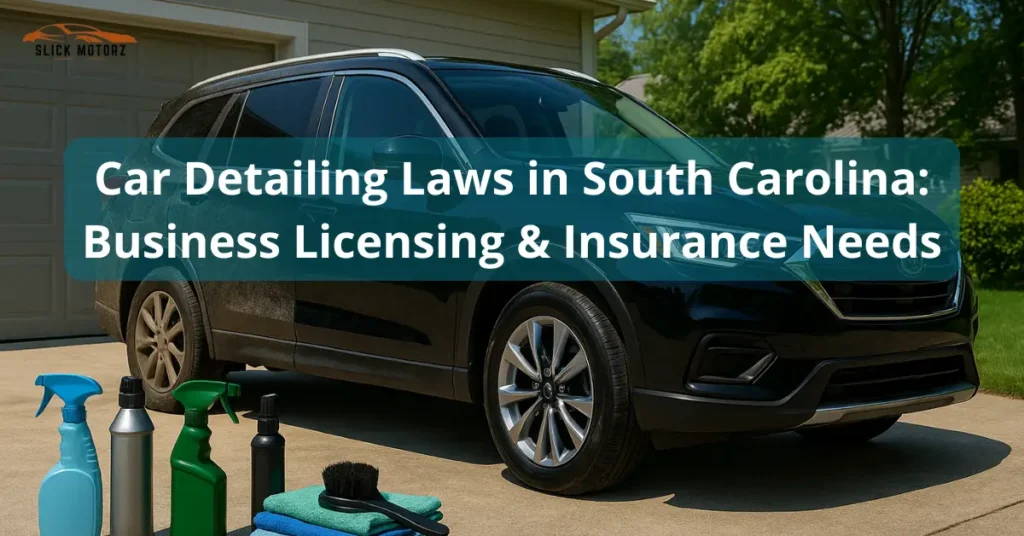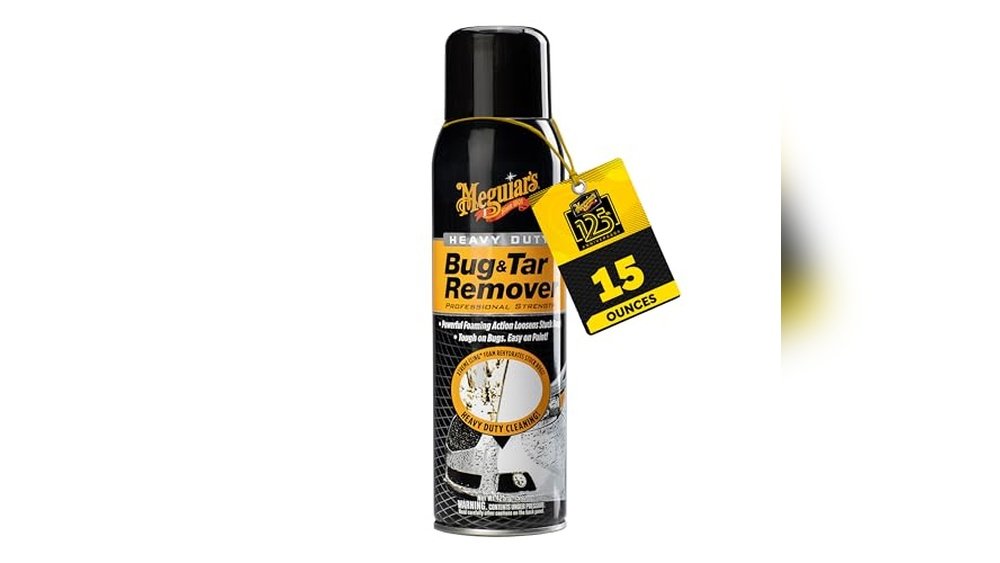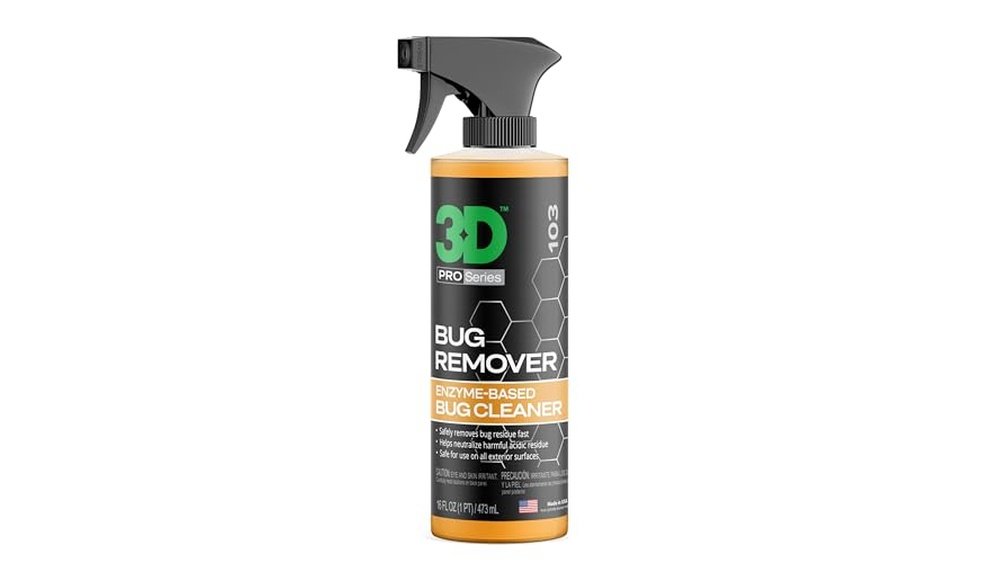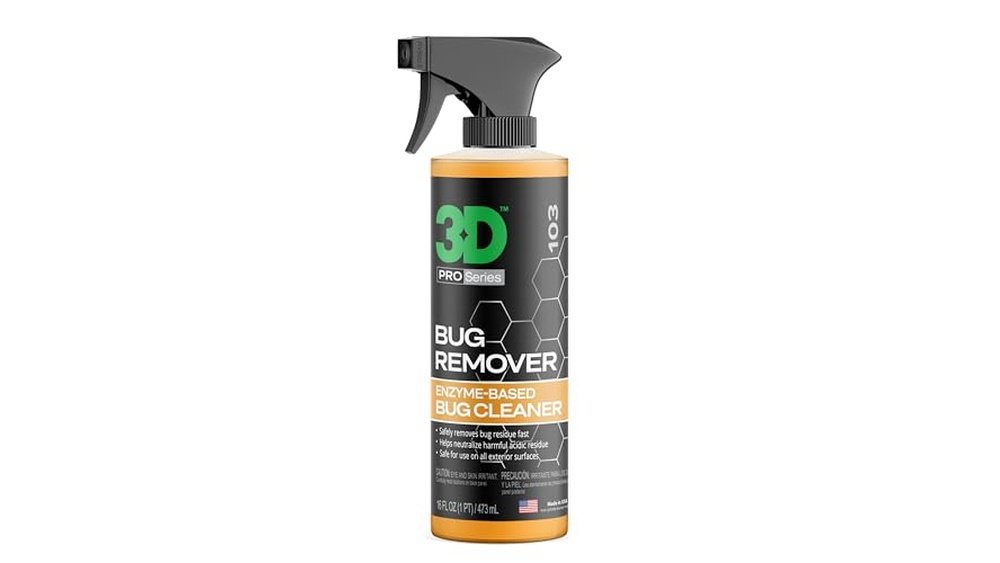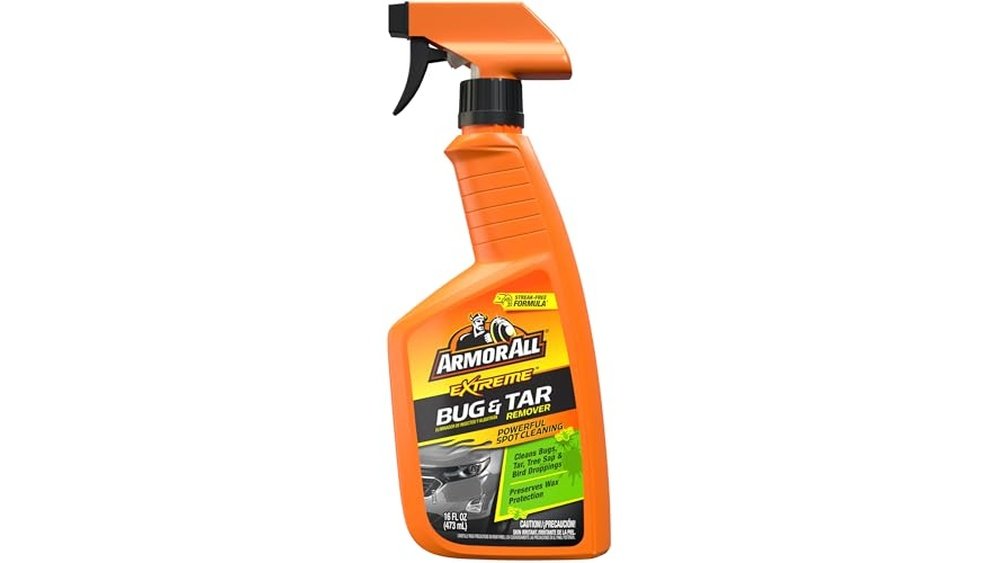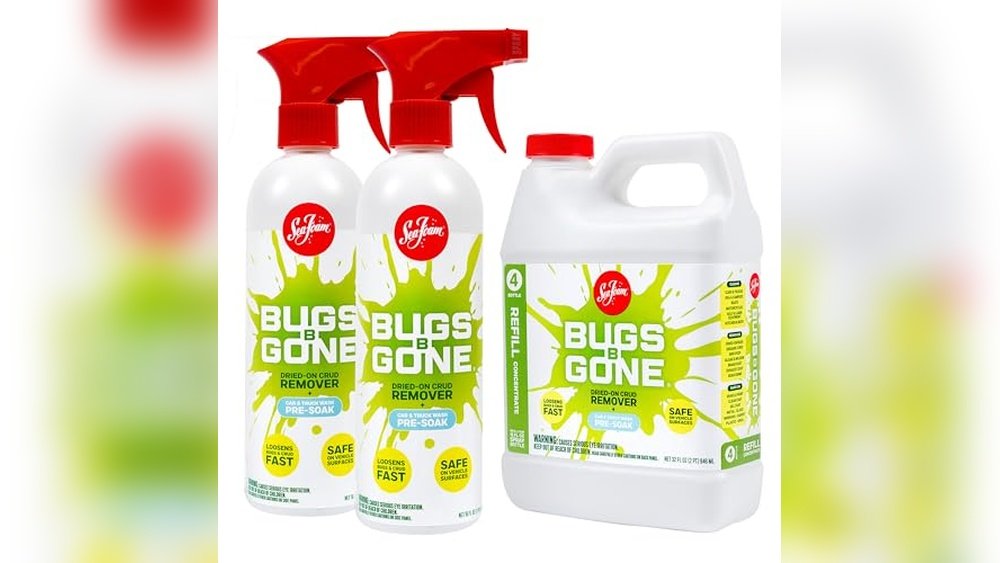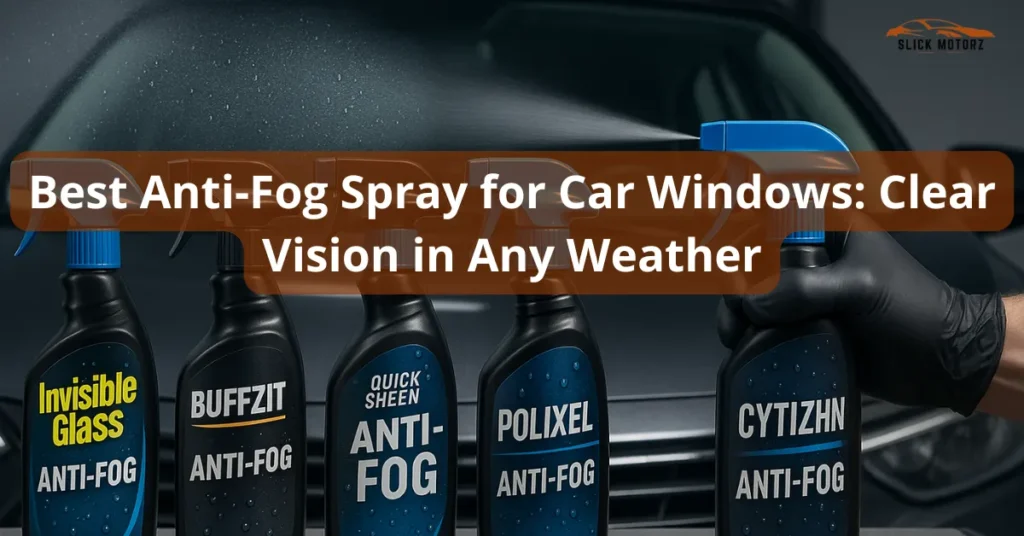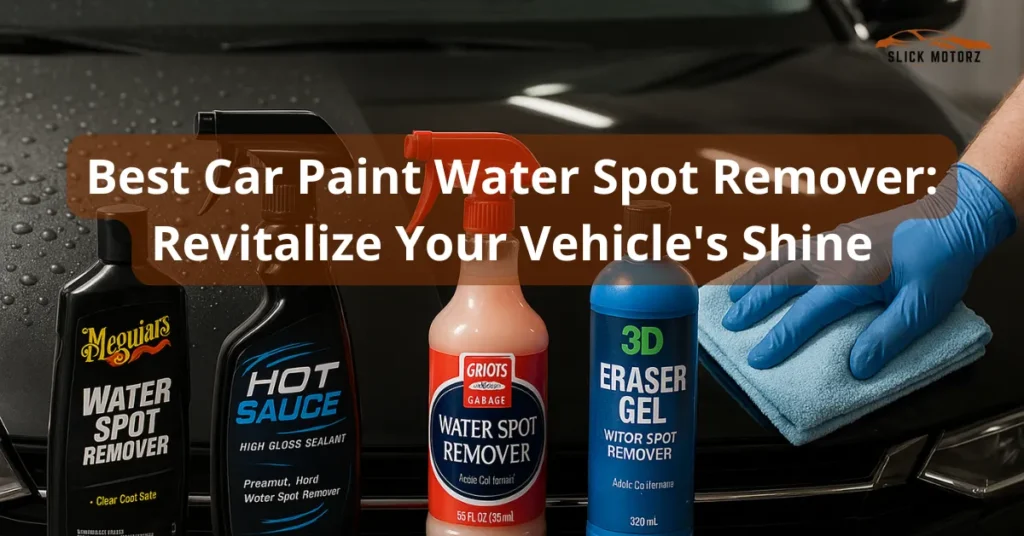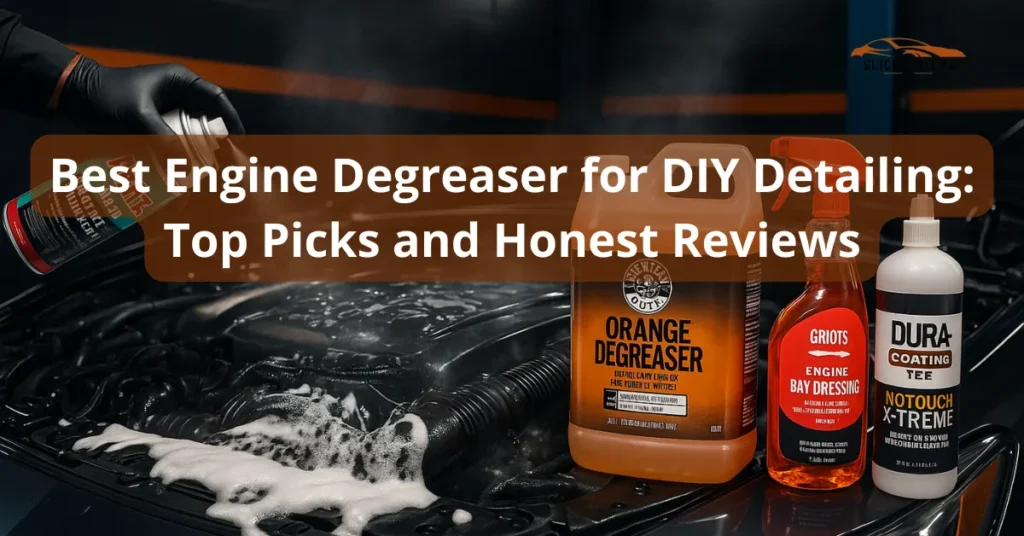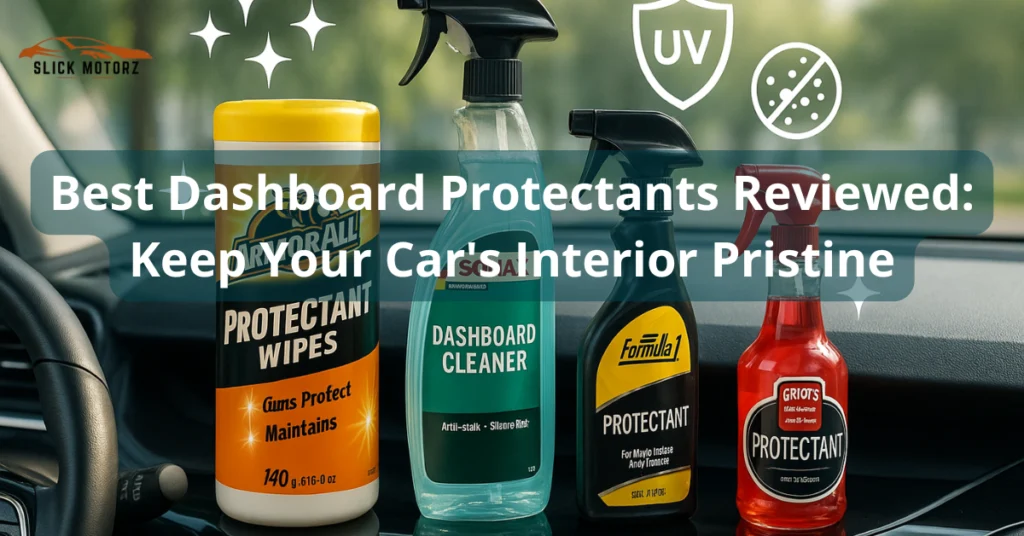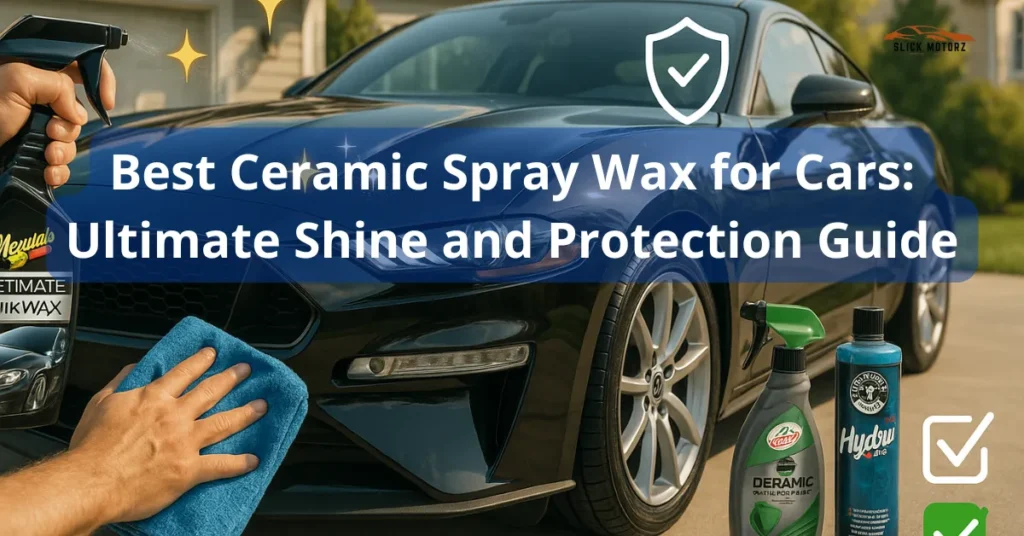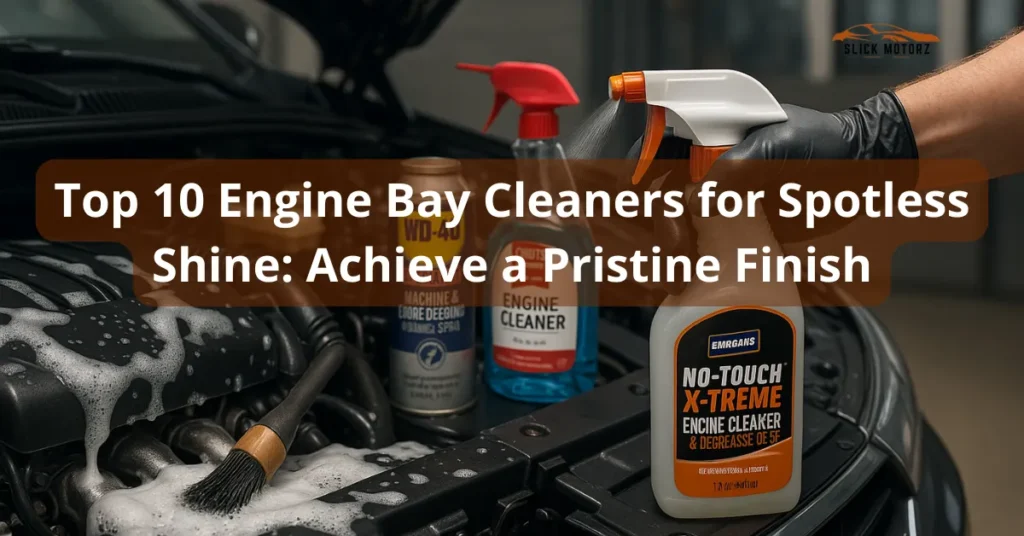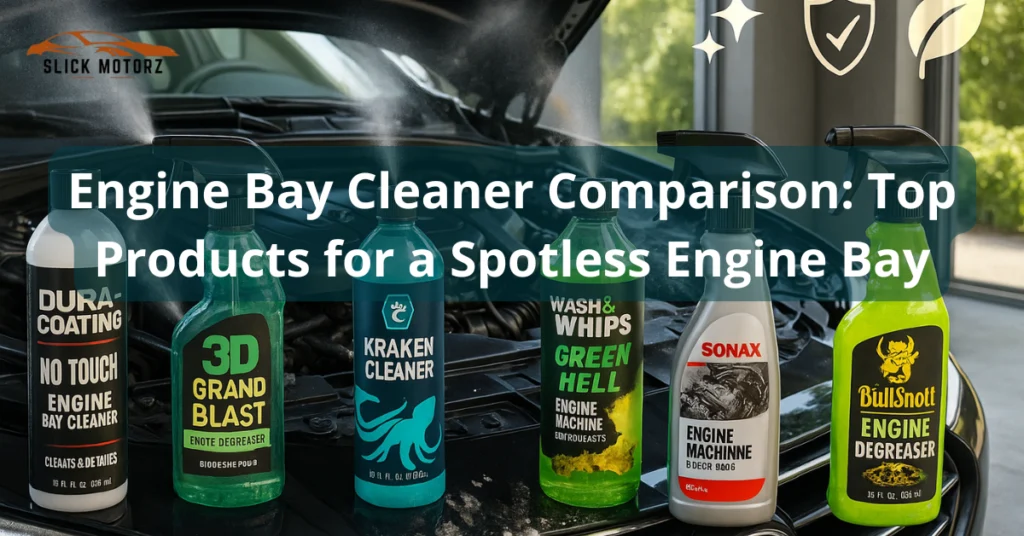If you’re thinking about starting a car detailing business or simply want to keep your vehicle in top shape in South Carolina, understanding the local laws is crucial. You might wonder: Do you need a special license to detail cars?
What rules must you follow to operate legally and safely? This article breaks down the key car detailing laws in South Carolina so you can avoid costly mistakes and protect your business and customers. Keep reading to discover everything you need to know about licensing, insurance, and important safety regulations that affect your car detailing services in the Palmetto State.
Your success and peace of mind start with knowing the rules.
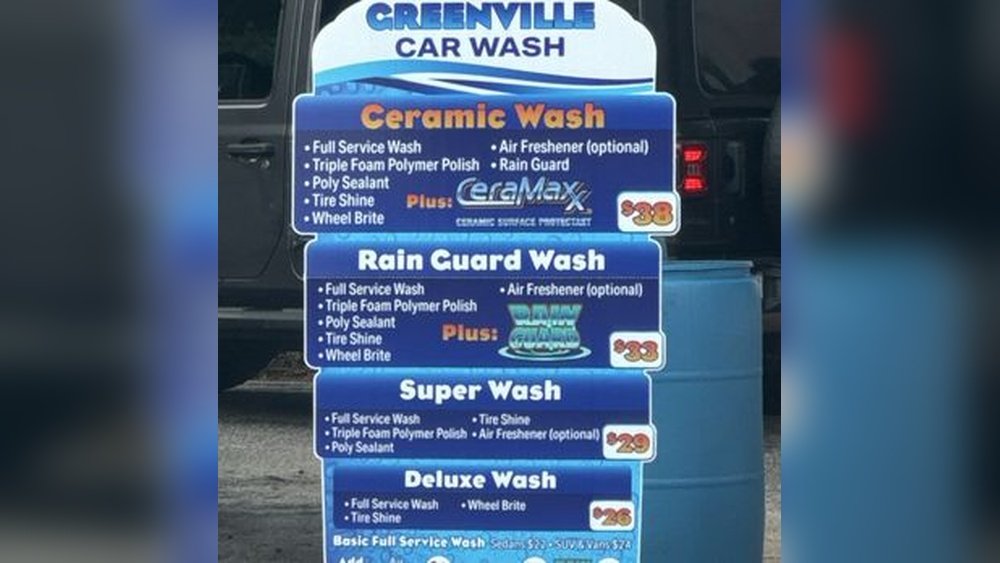
Credit: m.yelp.com
Licensing Requirements
Starting a car detailing business in South Carolina means understanding the licensing requirements. These rules ensure your business operates legally and safely. Meeting these requirements protects your customers and your business. Below are the key licenses and permits needed for car detailing services in South Carolina.
Business Licenses And Permits
Car detailing businesses in South Carolina must have a valid business license. This license is issued by the city or county where the business operates. You may also need a sales tax permit to collect taxes from customers. Certain locations require environmental permits to manage water runoff. These permits help prevent pollution and keep the community safe.
Driver’s License And Insurance
Detailers who drive to customers need a valid South Carolina driver’s license. This license proves legal permission to operate a vehicle. Also, carry proper auto insurance to cover accidents or damages. Many clients expect detailers to have insurance for liability protection. Insurance builds trust and safeguards your business from financial loss.
Special Permits For Mobile Detailing
Mobile car detailers must follow extra rules because they work on the road. Special permits may be required to operate a mobile service. These permits cover parking, water use, and waste disposal. Check local regulations for mobile detailing before starting. Proper permits prevent fines and help maintain a good reputation.
Before you start your detailing business, make sure you also review Car Detailing Laws in Georgia and Car Detailing Laws in North Carolina, since many regulations overlap across the Southeast.
Environmental Regulations
Environmental regulations play a key role in car detailing businesses in South Carolina. These laws protect water quality and reduce pollution. Car detailers must follow rules about water discharge, chemical use, and waste disposal. Understanding these laws helps businesses avoid fines and protect the environment.
EPA Standards For Water Discharge
The Environmental Protection Agency (EPA) sets strict limits on water discharge from car detailing. Wastewater from washing cars often contains dirt, oil, and chemicals. The EPA requires that this water be treated before it enters storm drains or water bodies. Car detailers must use proper filtration or recycling systems. This prevents harmful substances from polluting rivers and lakes.
Use Of Chemicals And Waste Disposal
Chemicals used in car detailing can harm the environment if not handled properly. South Carolina laws require businesses to use eco-friendly cleaning products. Hazardous waste, such as solvents and oils, must be disposed of at authorized centers. Pouring chemicals down drains or on the ground is illegal. Proper storage and disposal protect soil and water from contamination.
Local Environmental Compliance
Local governments in South Carolina may have additional rules. Some cities require permits for car detailing operations. These permits often include inspections for environmental compliance. Businesses must follow stormwater management plans to reduce runoff. Staying updated on local laws ensures smooth operation and avoids penalties. It also promotes a cleaner community.
Move Over Law And Roadside Safety
The Move Over Law in South Carolina protects roadside workers and emergency responders. It requires drivers to give space when passing stopped vehicles with flashing lights. This law helps reduce accidents and keeps everyone safer on the road.
Drivers must slow down or change lanes to avoid close contact with stopped vehicles. Understanding these rules is vital for all motorists, especially those providing car detailing services near roads.
Key Rules For Drivers
- Move over to the next lane if it is safe to do so.
- If you cannot change lanes, slow down significantly.
- Keep control of your vehicle and watch for workers.
- Always proceed with caution near emergency or utility vehicles.
Creating A Safety Zone
A safety zone means giving enough space for workers to operate without danger. Drivers should move to a lane farthest from the stopped vehicle.
If a lane change is impossible, reduce speed to protect people on the roadside. This action helps prevent accidents and injuries.
Penalties For Violations
Violating the Move Over Law is a misdemeanor in South Carolina. Offenders may face fines and other legal consequences.
Law enforcement actively monitors these violations to ensure roadside safety. Following the rules keeps roads safer and avoids penalties.
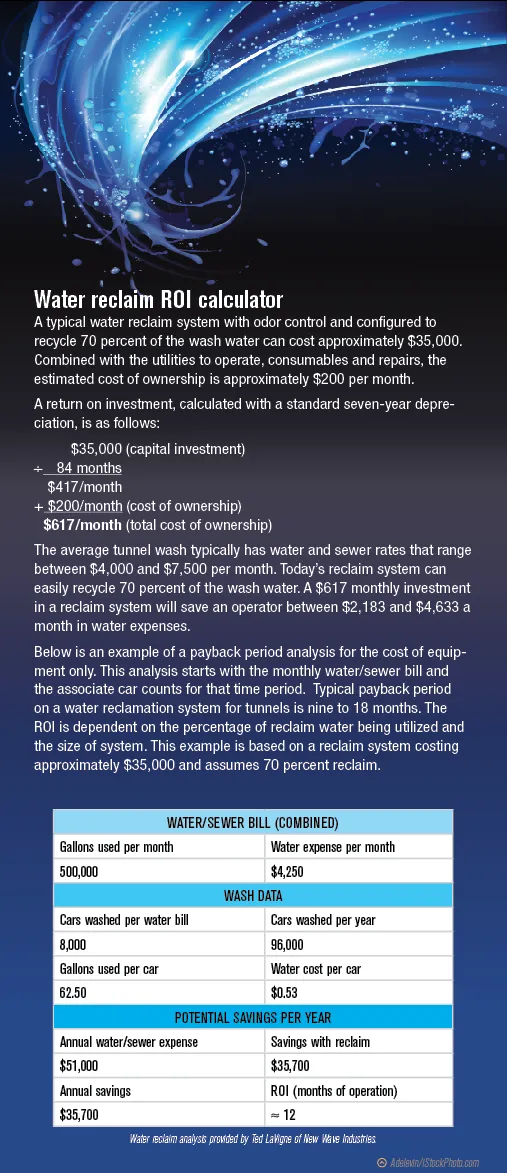
Credit: www.carwash.com
Operating A Mobile Detailing Business
Operating a mobile detailing business in South Carolina offers flexibility and convenience for both owners and customers. You bring your services directly to the client’s location, saving them time and effort. Running this type of business requires understanding local laws and regulations. Knowing these rules helps you avoid fines and legal issues. It also builds trust with your customers and the community.
Restrictions And Allowed Areas
South Carolina has specific rules about where mobile detailers can operate. Many cities limit business activities in residential neighborhoods. Some areas may require permits to work on public streets or parking lots. Always check local ordinances before starting work. Avoid blocking traffic or private driveways. Respect noise and water use regulations. These rules protect the environment and public safety.
Insurance And Liability
Insurance is crucial for mobile detailing businesses in South Carolina. General liability insurance covers damage to customer property. It also protects you in case of accidents or injuries during work. Consider adding vehicle insurance for your mobile unit. This protects your equipment and transportation. Having proper insurance helps you manage risks and builds customer confidence.
Customer Agreements And Contracts
Clear customer agreements help avoid misunderstandings. Detail the services offered, prices, and payment terms. Include policies for cancellations and refunds. Explain your liability limits and damage procedures. Written contracts protect both parties and make expectations clear. Use simple language so all customers understand. Signed agreements reduce disputes and support smooth business operations.
Advertising And Business Practices
Advertising and business practices are crucial for car detailing companies in South Carolina. These rules ensure fair competition and protect customers from misleading claims. Businesses must follow specific laws to maintain trust and operate legally.
Truthful Advertising Rules
South Carolina requires car detailers to advertise honestly. Ads must not exaggerate services or results. Claims should be clear and accurate. False promises can lead to fines or legal action. Businesses should avoid misleading photos or testimonials.
Pricing Transparency
Detailing companies must show clear prices before services. Hidden fees or extra charges confuse customers. Price lists should be easy to find on websites or in-store. Transparent pricing helps customers make informed decisions. It also builds trust between the business and its clients.
Consumer Protection Laws
South Carolina enforces laws that protect car detailing customers. These laws require fair contracts and honest service descriptions. Customers have the right to refunds if services are not delivered as promised. Businesses must follow safety and environmental regulations, too. These rules keep the industry safe and fair for all.
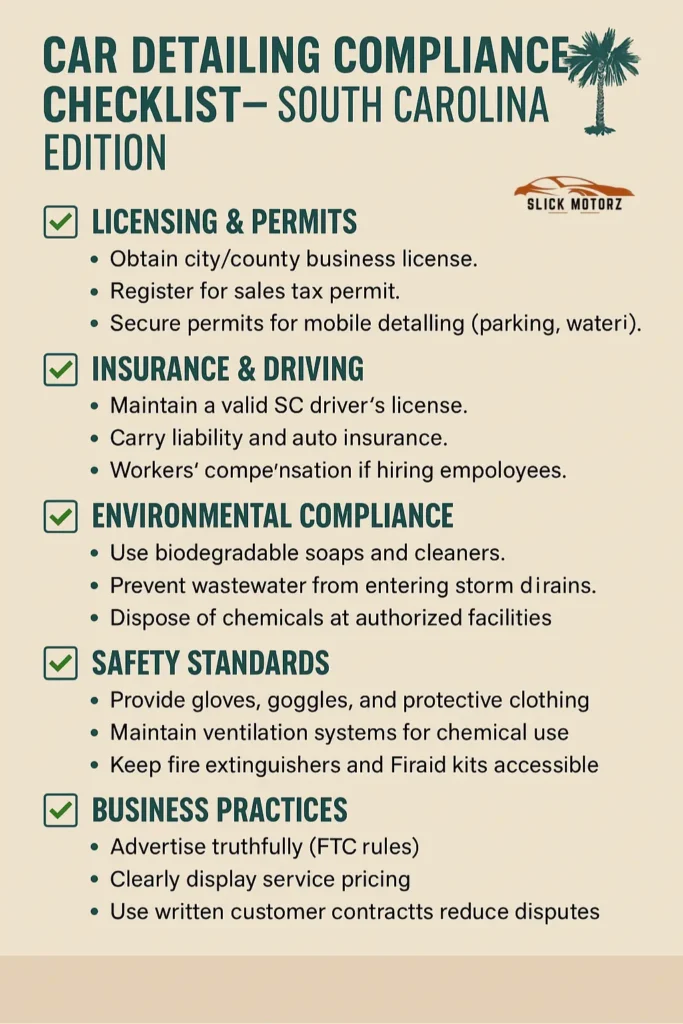
Penalties And Enforcement
Understanding the penalties and enforcement related to car detailing laws in South Carolina is vital. These rules help protect consumers and ensure businesses operate fairly and safely. Violations can lead to serious consequences for detailers who do not follow the law.
South Carolina has clear guidelines on what constitutes illegal practices in car detailing. Authorities actively monitor and take action against those who break these rules. Knowing the penalties helps detailers avoid costly mistakes and legal troubles.
Common Violations
Many violations involve operating without proper permits or licenses. Using harmful chemicals that damage vehicles or the environment is another frequent issue. Failing to follow safety standards during the detailing process also leads to penalties. Some detailers ignore local zoning laws, causing disputes with city officials.
Fines And Legal Consequences
Fines for breaking car detailing laws in South Carolina vary by offense severity. Small violations may result in fines starting at a few hundred dollars. More serious or repeated violations can lead to thousands in fines or business shutdowns. In some cases, legal action may include misdemeanor charges. These consequences can harm a detailer’s reputation and livelihood.
Enforcement Agencies
The South Carolina Department of Environmental Services (SCDES) oversees chemical use and waste disposal. Local city or county business licensing offices ensure compliance with permits and zoning rules. The South Carolina Department of Motor Vehicles (SCDMV) may also get involved if vehicle regulations are ignored. Law enforcement agencies support these bodies in enforcing the laws strictly.
Frequently Asked Questions
Can You Detail Cars Without A Business?
Yes, you can detail cars without a business in most states. Some states require licenses, permits, and insurance.
What Is The Law 56 5 1270 In South Carolina?
South Carolina law 56-5-1270 requires drivers to move over or slow down for stopped emergency vehicles with flashing lights. It ensures safety for roadside workers. Violations are misdemeanors and subject to enforcement under “Operation Keep Us Safe. “
Do You Need A Driver’s License To Be A Car Detailer?
A driver’s license is usually required by employers for car detailers to drive vehicles. Licensing laws vary by state.
What Is The Move Over Law In South Carolina?
The Move Over Law in South Carolina requires drivers to change lanes or slow down near stopped emergency or utility vehicles with flashing lights. It ensures safety for roadside workers by creating a safety zone and avoiding collisions. Violations are misdemeanors with increased enforcement.
Conclusion
Understanding South Carolina’s car detailing laws helps you stay safe and legal. Always check local rules before starting your detailing business. Remember to get all required licenses, permits, and insurance. Follow the Move Over Law to protect roadside workers and emergency responders.
Simple actions keep you and others safe on the road. Stay informed and respect the law for smooth, trouble-free car detailing.
If you plan to expand, check our detailed guides on Car Detailing Laws in Texas or Car Detailing Laws in Florida for insights on stricter environmental regulations.

